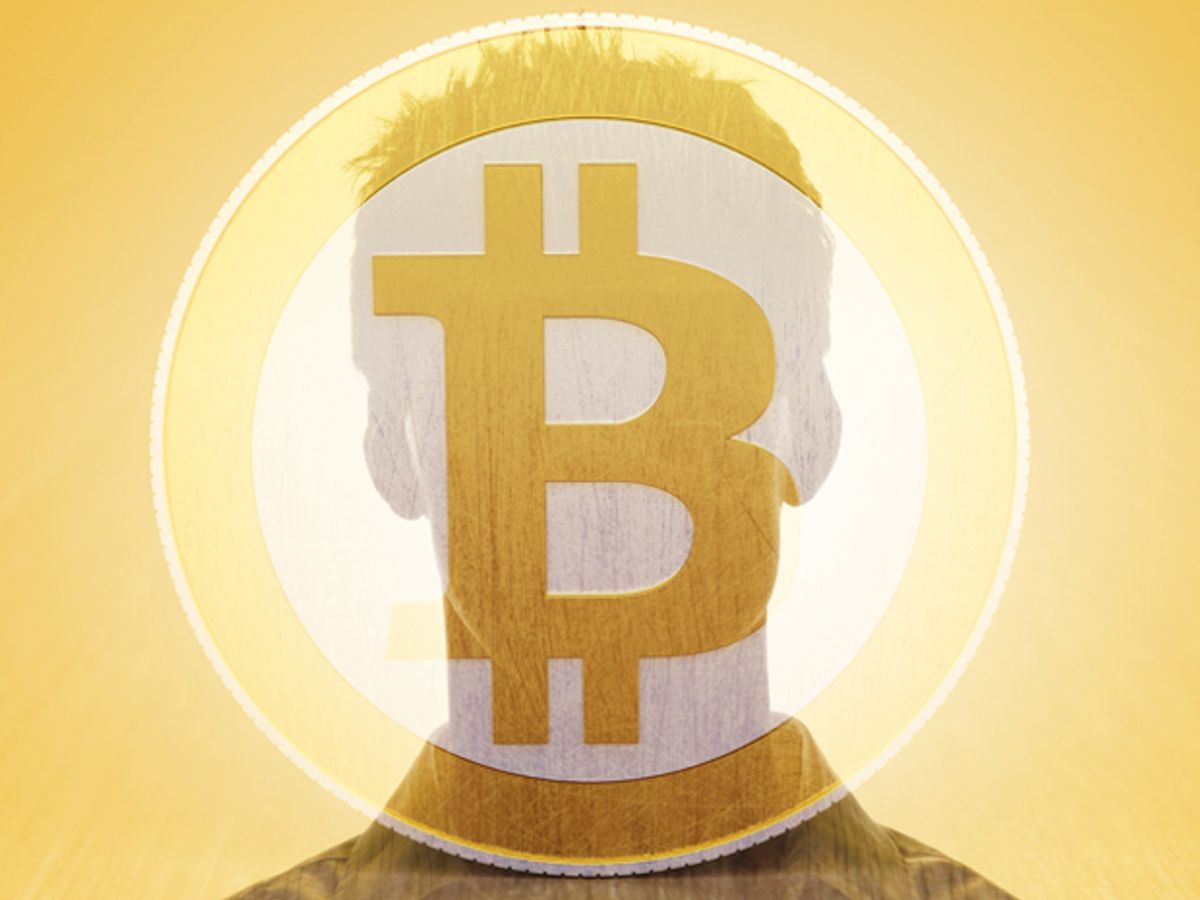In an article published this morning by Newsweek, reporter Leah McGrath Goodman claims to have unmasked the elusive creator of the Bitcoin protocol. According to her story, the programmer, who for five years has been the subject of a high-stakes hacker manhunt, is a 64-year old, ailing Japanese American who loves model trains, deeply mistrusts the government and lives in the suburbs of Los Angeles. And his name really is Satoshi Nakamoto.
Goodman’s story hinges on an exchange she had with Nakamoto outside his home in San Bernardino, California. Before being removed from the premises by police, Goodman recalls this exchange:
Tacitly acknowledging his role in the Bitcoin project, he looks down, staring at the pavement and categorically refuses to answer questions.
“I am no longer involved in that and I cannot discuss it,” he says, dismissing all further queries with a swat of his left hand. “It’s been turned over to other people. They are in charge of it now. I no longer have any connection.”
This bit of human detective work is stronger than any crypto-forensic work that has come before it. In the past, programmers have sought Satoshi by analyzing his coding style, clocking the times he was active online to get a time zone, and tracking the movement of Bitcoins around the blockchain. Relying on such methods (and often just a sprinkling of conspiracy theory) has produced a wide range of dubious candidates, among them: a graduate student in dublin, the Silk Road kingpin, and a nefarious decoy invented by the NSA.
The perennial “gotcha” stories about who created Bitcoin have fatigued the Bitcoin community and new theories normally send eyes rolling. But this one seems to be different. Listening to the way people are receiving the news, it has the feeling of something that might stick.
“Well, at the top of the story it says he admitted it. Either it’s an outrageously out of context quote, or that’s really him,” says Mike Hearn, one of the core Bitcoin developers, in a Skype conversation.
According to Goodman’s claim, Satoshi has been hiding in plain sight all this time. The man that she confronted, though born as Satoshi Nakamoto, changed his first name to “Dorian” in 1973. This comes as a very big surprise to many. It is quite odd, indeed, that a man who had demonstrated his desire for privacy so clearly to the people that he was working with, would chose to publish Bitcoin under a name that nearly matches the one he puts on legal documents (a pseudo-pseudonym, if you will).
For once, the debate raging in the community is less about whether they’ve got the right man and more about whether someone who is so central to a major news story should have any expectation of privacy. Since the story went live on the Newsweek website, the author and the publication have weathered a deluge of criticism about how they chose to report the story, including an open letter on reddit from Gavin Andresen, a core developer who was quoted extensively throughout.
His response to the article was as follows:
Hey Leah:
I meant exactly what I tweeted: I am disappointed you (or your publishers) chose to publish enough personal information that people can easily find Dorian and his family.
The pieces might all be public information, but you worked really hard to piece them all together, and the crazy people who might decide it is a good idea to go visit “Satoshi” are likely not as smart or hard-working as you.
And all of your evidence is circumstantial, EXCEPT for the “I’m not involved in that any more” quote, which might simply be an old man saying ANYTHING to get you to go away and leave him alone.
Anyway, I hope some good comes of all this; I hope it stimulates more debate on personal privacy and the role of journalists in our “pan-opticon” world.
But many have always expected his identity to be revealed. When I admitted to Hearn that I was feeling just the tiniest bit sad that the case had been closed and that someone who wanted to remain a recluse had been outed, he had this to say.
“The mystery was nice. But I’m not totally surprised this happened. I figured it would, eventually. Staying anonymous when lots of smart, dedicated people are trying really hard to find you is very tough.”



